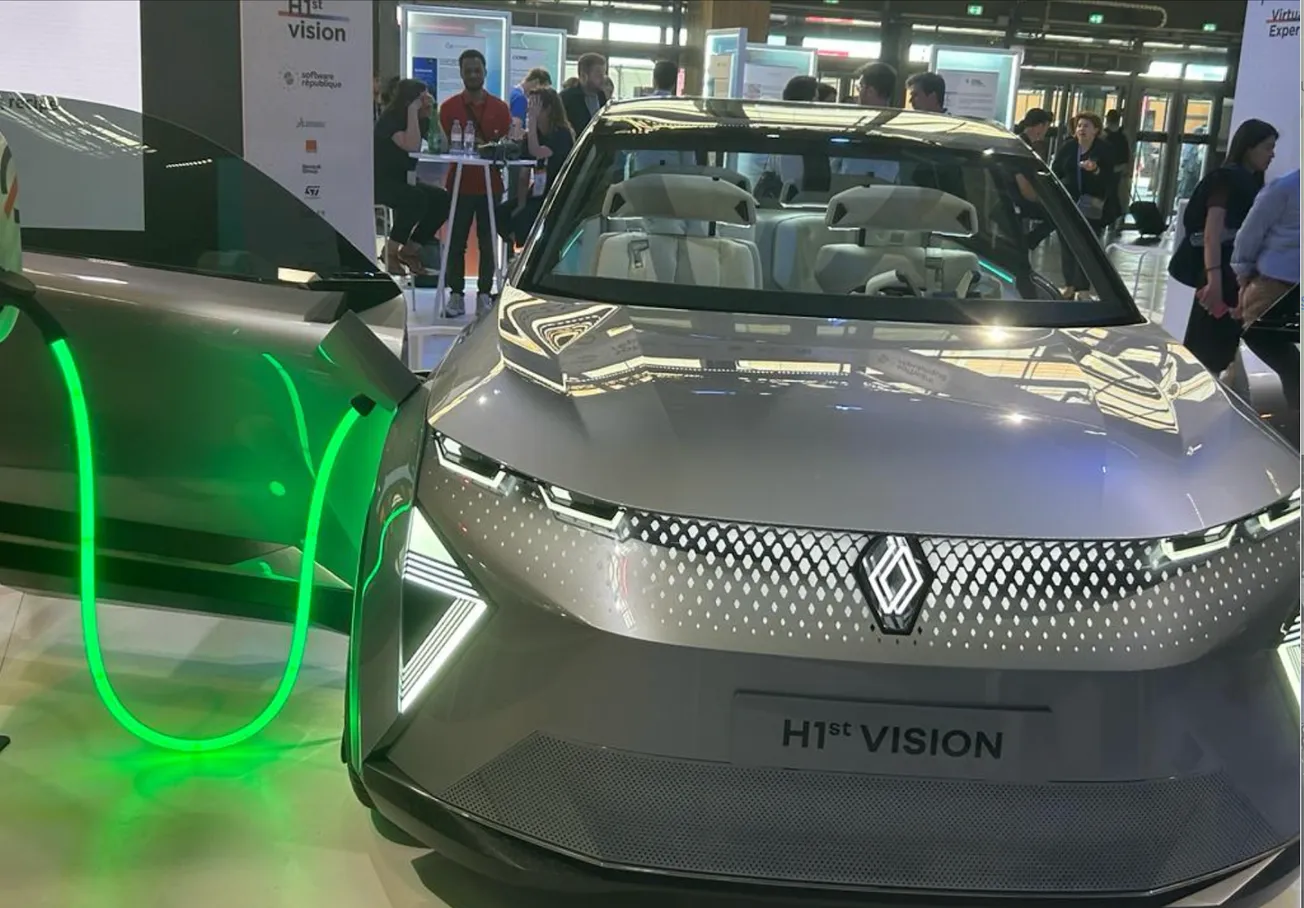France's startup economy got a jolt this month when EV startup Electra announced it had raised €304 million to deploy its charging stations across Europe. The impressive check size despite a lukewarm funding climate is the latest sign of how investors and the French government are placing big bets on this industry as part of the larger fight against climate change.
As electric vehicles (EVs) roll into the spotlight, powered by both increasing consumer enthusiasm and government incentives, the EV charging station sector is surging in France and across Europe.
According to Avere, the French association for electric mobility players, 2023 witnessed unprecedented growth, with the number of electric and plug-in hybrid light vehicles — ranging from cars and vans to motorbikes and scooters — zooming up by 44% to surpass 1.5 million. A fifth of these registrations occurred in the past year alone.
And it is only the beginning. Electric vehicles currently account for 23% of the light vehicle market and adoption is set to grow as the EU ban on the production of all light fuel-burning vehicles by 2035 approaches.
However, the success of this electric transition hinges on robust EV charging infrastructure. To pave the way for EV adoption, automotive leaders and tech companies are racing to fortify the landscape with extensive networks of both private and public charging stations. The sector's momentum is undeniable.
Before we speed ahead, let's glance back at the journey so far.









